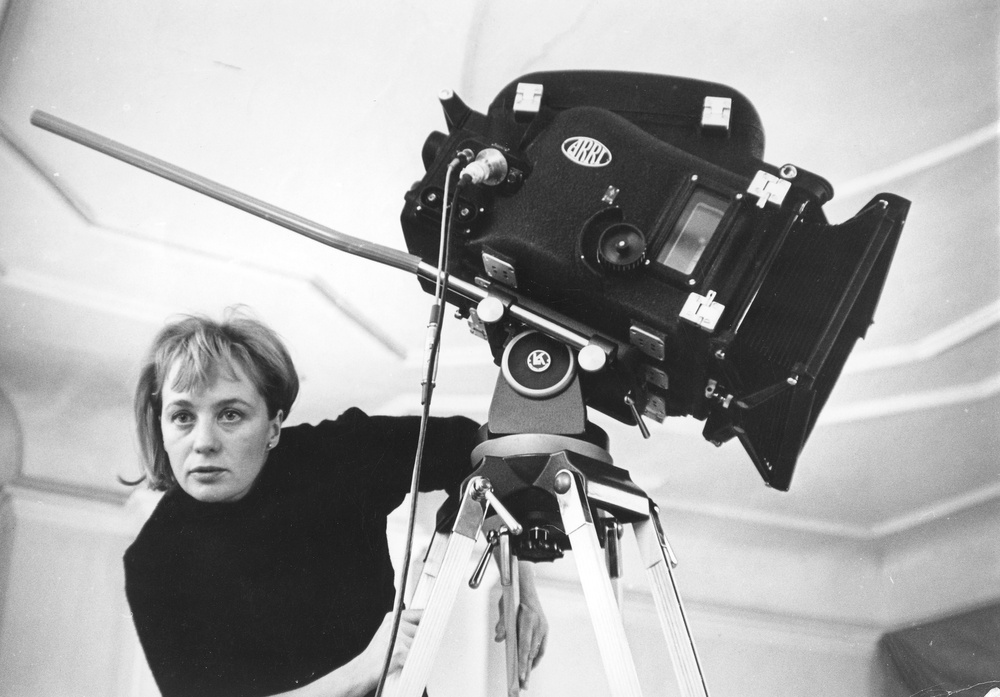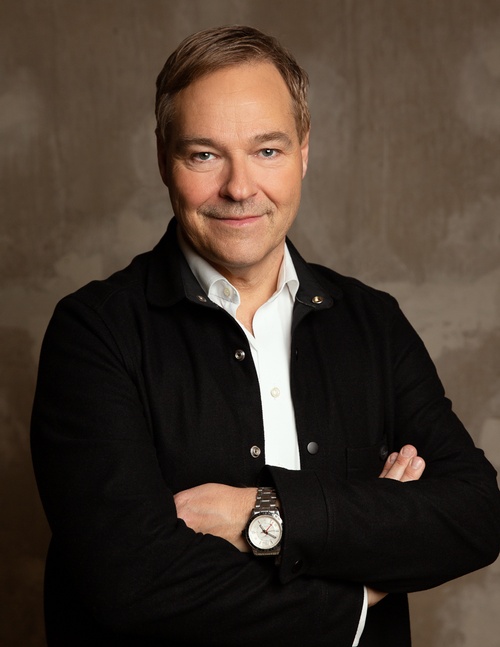French film festival highlights Mai Zetterling
 Mai Zetterling. © Sandrews/Svensk Filmindustri AB (1966). Photo: David Hughes
Mai Zetterling. © Sandrews/Svensk Filmindustri AB (1966). Photo: David Hughes
Mai Zetterling’s cinematic art is garnering more and more attention internationally. This spring her films were screened in New York, and next on the list is France. The Lumière Film Festival in Lyon is screening four of her Swedish features, from Loving Couples to Amorosa. The festival begins this Saturday, 15 October.
“Since 2009, the Lumière Film Festival has been shining a light on women filmmakers in a section dedicated to them, called Permanent History of Women Filmmakers. If times are now changing, it remains important to celebrate those who succeeded in becoming filmmakers, everywhere in the world, in the history of cinema. This year, the festival is very pleased to show an essential figure of Swedish cinema, Mai Zetterling, thanks to the Swedish Film Institute and their new restorations of her films. Her freedom of tone and formal inventiveness will delight the French audience,” says Maelle Arnaud, Director of Programming for the Lumière Film Festival / Institut Lumière.
Previous pioneering women directors highlighted in the section include Dorothy Arzner, Larisa Shepitko, Lina Wertmüller and Kinuyo Tanaka.
This year, it is 60 years since Mai Zetterling’s short film The War Game was made. It was selected for the Venice Film Festival, but Mai Zetterling was called Max Zetterling after the festival made an error. The War Game attracted widespread attention and won the Golden Lion at the 1963 festival for Best Short Film. Her first feature, Loving Couples (Älskande par) from 1964 was selected for competition at the Cannes Film Festival and caused quite a stir there, not least the film poster which Variety and others were too afraid to publish. She returned to the Venice Film Festival in 1966 with her second feature, Night Games (Nattlek). Her final film, Amorosa from 1986, also competed in Venice. The above-mentioned feature films are being screened in Lyon, along with the feminist classic The Girls (Flickorna) from 1968.
Mai Zetterling was not just a director, she also appeared in front of the camera. Already as a 19-year-old she made a strong impression with her role in Alf Sjöberg’s Torment (Hets) from 1944, scripted by Ingmar Bergman. At the end of the 1940s she began appearing in British and American films, sharing the screen with Danny Kaye, Peter Sellers, Tyrone Power and Dirk Bogarde, among others.
Mai Zetterling was born in 1925 in Västerås, Sweden and passed away in London, UK in 1994.
Earlier this year, Mai Zetterling’s films were screened as part of a retrospective at the Film Forum in New York.
Kajsa Hedström, Project Manager Film Heritage at the Swedish Film Institute, will be in Lyon to present the films together with Mai Zetterling’s son Louis Lemkow Zetterling.
The Lumière Film Festival runs 15–23 October.
Lumière Festival 2022 – Home (festival-lumiere.org)
More about Mai Zetterling in The Swedish Film Database:
Mai Zetterling - SFdb (svenskfilmdatabas.se)
If you have any questions, please contact:
Kajsa Hedström: kajsa.hedstrom@filminstitutet.se or +46 (0)8-665 11 22
About The Swedish Film Institute
The Swedish Film Institute is a collective voice for film in Sweden, and a meeting-place for experiences and insights that elevate film on all levels. We preserve and make available Sweden’s film heritage, work to educate children and young people in film and moving images, support the production, distribution and screening of valuable film, and represent Swedish film internationally. A broad diversity of narratives establishes discussions and insights that strengthen the individual and our democracy. Together, we enable more people to create, experience and be enriched by film.
Contacts
